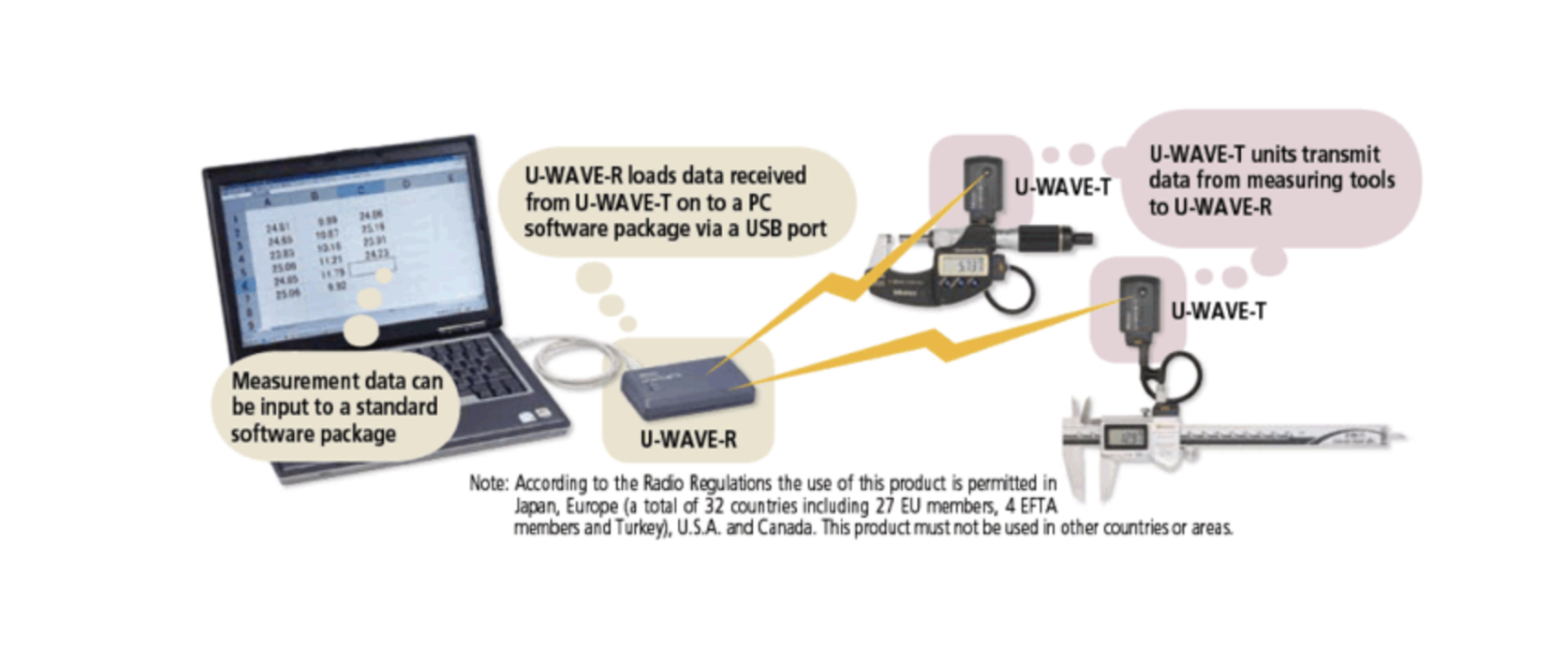Struggling with Order Management? Here’s How Automation Can Save You Hours
Managing orders manually in an eCommerce business can be a time-consuming nightmare. From tracking inventory to processing invoices and handling customer queries, business owners often find themselves buried in administrative work instead of focusing on growth.
But what if you could automate these repetitive tasks and save hours every day? In this article, we’ll explore how automation can streamline your order management process, reduce errors, and help you scale your business efficiently.
🚀 The Common Order Management Challenges
Before we dive into automation, let’s look at the major challenges eCommerce businesses face:
❌ Manual Data Entry & Errors – Mistakes in invoices, addresses, or stock updates lead to customer complaints and lost revenue.
❌ Time-Consuming Order Processing – Manually checking inventory, processing payments, and updating order statuses wastes valuable time.
❌ Lack of Real-Time Tracking – Without automated tracking, businesses struggle to provide accurate delivery timelines.
❌ Inefficient Customer Communication – Customers demand quick updates, and responding manually can be overwhelming.
If you’ve experienced any of these pain points, automation is the game-changer you need.
🔄 How Automation Transforms Order Management
Here’s how automation can revolutionize your order management system and help you regain control:
1️⃣ Automated Order Processing
Instead of manually checking and confirming orders, automation allows you to:
✅ Instantly verify payments and process orders
✅ Auto-generate invoices and receipts
✅ Reduce human errors in order fulfillment
2️⃣ Inventory Management Automation
Never oversell or run out of stock again! Automation can:
✅ Sync inventory levels in real-time across multiple sales channels
✅ Send automatic restocking alerts
✅ Prevent overselling by updating product availability instantly
3️⃣ Smart Shipping & Tracking Updates
Automation can connect with logistics providers to:
✅ Generate shipping labels automatically
✅ Send real-time tracking updates to customers
✅ Reduce manual intervention in the shipping process
4️⃣ AI-Powered Customer Support
No need to manually reply to every inquiry! With chatbots and AI-driven emails:
✅ Customers receive instant order status updates
✅ AI chatbots handle FAQs, saving customer service hours
✅ Automated responses ensure faster resolutions
5️⃣ Custom Reporting & Analytics
Want to track business performance without spending hours on spreadsheets?
✅ Generate sales and order reports automatically
✅ Identify trends and optimize inventory based on demand
✅ Get real-time insights to improve decision-making
💡 Real-World Example: The Power of Automation
John runs a growing eCommerce store. Before automation, he spent 4+ hours daily processing orders, manually updating inventory, and handling customer queries. After implementing an automated order management system, his workload reduced to just 30 minutes a day! Now, he focuses on growing his business instead of drowning in admin tasks.
🚀 Take Action: Automate Your Order Management Today
If manual order management is slowing down your business, it’s time to switch to an automated system.
✅ Save hours of admin work every day
✅ Reduce errors and improve efficiency
✅ Enhance customer experience with real-time updates
Final Thoughts
Automation isn’t just a luxury for big businesses—it’s a necessity for any eCommerce store that wants to scale efficiently. By automating order management, you can save time, reduce mistakes, and increase profitability.
🚀 Ready to transform your eCommerce operations? Start automating today!
🛠️ Technical Insights: How Order Management Automation Works with Django, PostgreSQL, and Docker
For those interested in the technical side of automation, here’s how a modern order management system can be built using Django, PostgreSQL, and Docker:
- Django Framework: The core backend for handling order processing, API endpoints, and business logic.
- PostgreSQL Database: Ensures efficient and scalable storage of orders, customer data, and inventory records.
- Celery & Redis: Used for background task processing (e.g., sending order confirmation emails, updating inventory asynchronously).
- Docker & Docker Compose: Containerizes the entire application, ensuring consistency across development and production environments.
- REST API & Webhooks: Enables seamless integrations with third-party logistics providers, payment gateways, and CRM systems.
- Django Channels: Implements real-time order tracking and customer notifications.
By leveraging these technologies, businesses can optimize order workflows, reduce manual intervention, and scale faster than ever before.
Would you like a free consultation on how automation can work for your business? Contact us now!
Get in Touch with us
Related Posts
- AI会在2026年取代软件开发公司吗?企业管理层必须知道的真相
- Will AI Replace Software Development Agencies in 2026? The Brutal Truth for Enterprise Leaders
- 使用开源 + AI 构建企业级系统(2026 实战指南)
- How to Build an Enterprise System Using Open-Source + AI (2026 Practical Guide)
- AI赋能的软件开发 —— 为业务而生,而不仅仅是写代码
- AI-Powered Software Development — Built for Business, Not Just Code
- Agentic Commerce:自主化采购系统的未来(2026 年完整指南)
- Agentic Commerce: The Future of Autonomous Buying Systems (Complete 2026 Guide)
- 如何在现代 SOC 中构建 Automated Decision Logic(基于 Shuffle + SOC Integrator)
- How to Build Automated Decision Logic in a Modern SOC (Using Shuffle + SOC Integrator)
- 为什么我们选择设计 SOC Integrator,而不是直接进行 Tool-to-Tool 集成
- Why We Designed a SOC Integrator Instead of Direct Tool-to-Tool Connections
- 基于 OCPP 1.6 的 EV 充电平台构建 面向仪表盘、API 与真实充电桩的实战演示指南
- Building an OCPP 1.6 Charging Platform A Practical Demo Guide for API, Dashboard, and Real EV Stations
- 软件开发技能的演进(2026)
- Skill Evolution in Software Development (2026)
- Retro Tech Revival:从经典思想到可落地的产品创意
- Retro Tech Revival: From Nostalgia to Real Product Ideas
- SmartFarm Lite — 简单易用的离线农场记录应用
- OffGridOps — 面向真实现场的离线作业管理应用














